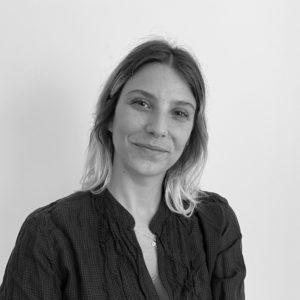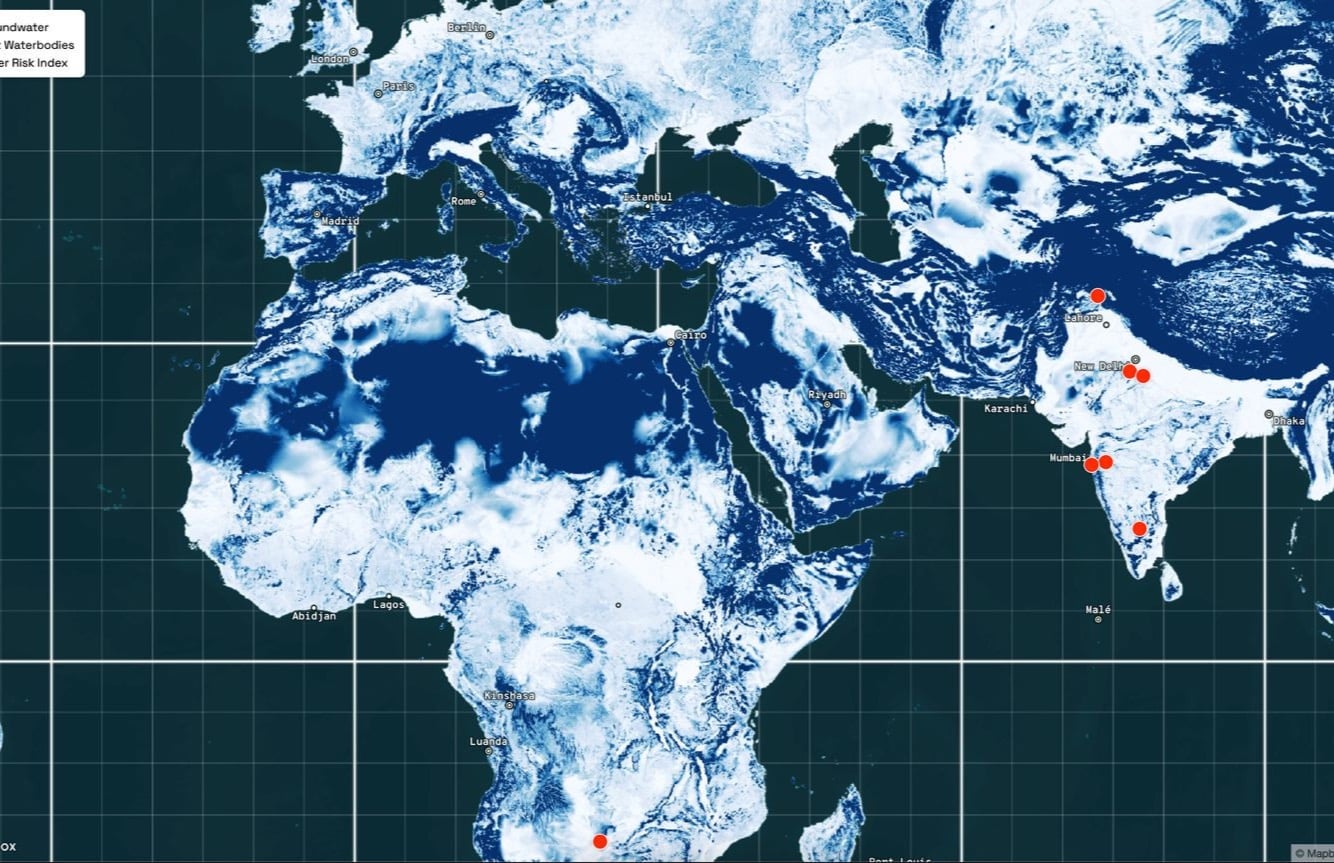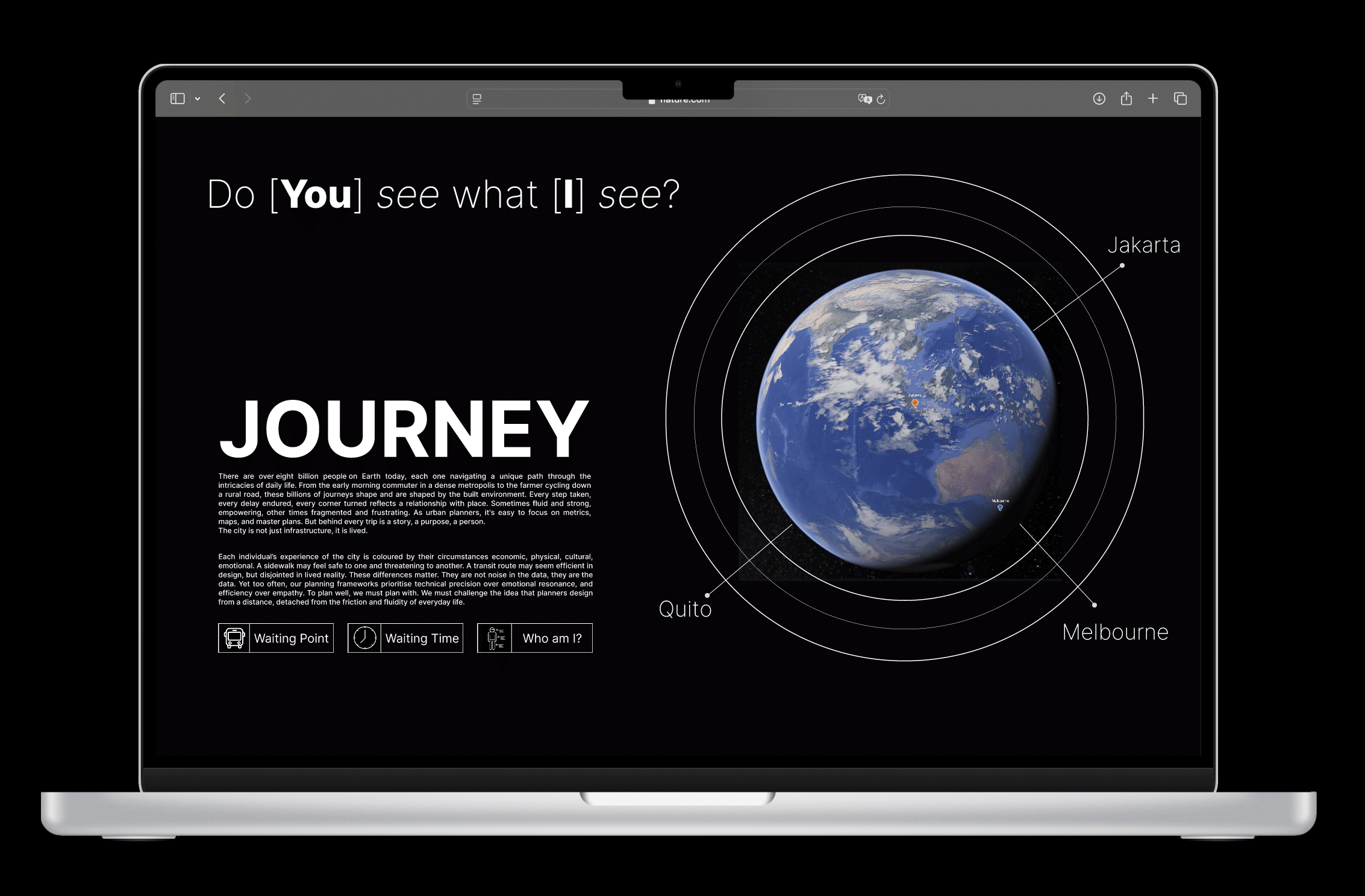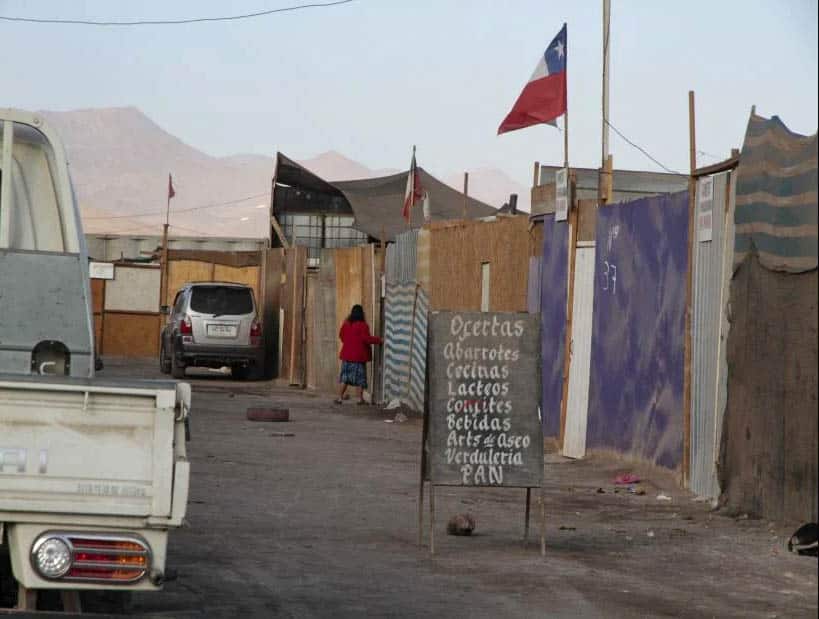
Robert Venturi, Denise Scott Brown, Steven Izenour (1977): Learning from Las Vegas.
Description
Cities are shaped not only by planners and policymakers, but also by residents, commuters, workers, artists, and those who find themselves on the margins. In this shared space, stories help make sense of urban life – of belonging, of struggle, of change. In contexts where urban projects are complex, long-term, and have opaque outcomes, storytelling becomes a way to express intent and surface conflict. Stories can help translate data into meaning and illuminate what standard metrics often miss. But stories are not neutral. They create reality, as Jacques Rancière argues, as images shape the very distribution of the sensible—of what is seen, heard, and known. And as Caroline Criado-Perez reminds us, data too can both reveal and obscure, depending on who is collecting and what counts as worth measuring. In this class, we’ll explore urban digital storytelling as a tool for understanding and shaping urban realities, but also as a space for critical reflection on voice, visibility, and power.
The five-day workshop will start with an introduction to urban digital storytelling. It will guide students to write their first story prompts and form groups based on their initial ideas. We will then explore the building blocks of a story and narrative tools, and outline and define the group projects. Over the next two days, students will
produce content and develop their storytelling projects, supported by peer review and critical reflection on data bias and representation. On the final day, students will pitch their stories, and we will end with a group reflection. Participants will leave with a published story, narrative skills, and new ways of seeing the city—through data, and beyond it.
Learning Objectives
This workshop equips students to use storytelling as both a critical and creative tool for engaging with urban data and conveying their project outcomes. Students will learn to communicate complex urban issues through narrative techniques and digital media, reflect on the ethical dimensions of visibility and voice, and collaborate on data-driven stories that inform, persuade, or provoke. They will explore how different narrative forms shape meaning and impact, gaining insight into the relationship between story, audience, and urban space.
At course completion the student will:
- Translate urban data and processes into compelling, accessible stories
- Apply narrative structures and media tools to real-world urban contexts
- Reflect critically on ethical considerations including bias, visibility, and representation in data
- Co-create a data-driven blog story within a multidisciplinary team








